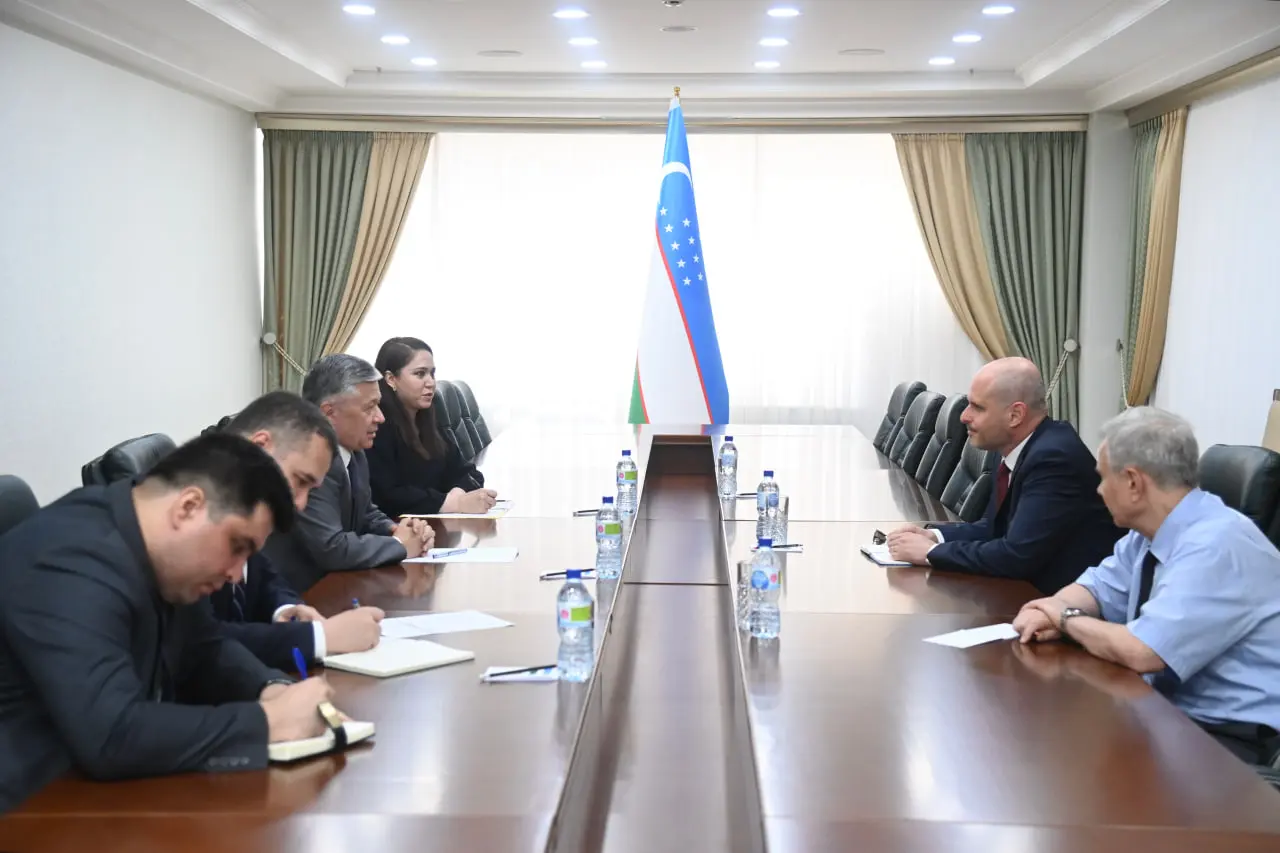President Vladimir Putin signed a law on creating a single national messenger in the country — a digital platform that combines the capabilities of classic messengers and state-owned online services. The document, previously approved by the State Duma in two readings, provides for the development and implementation of a new generation communication system with a high degree of integration with the Public Services infrastructure and the Unified Identification and Authentication System (USIA).
According to Anton Gorelkin, First Deputy chairman of the State Duma Committee on Information Policy and head of the Executive Board of ROCIT, the project is focused on creating a full-fledged domestic analogue of foreign messengers, in particular Telegram and WhatsApp, but with a number of unique features that are not present in existing solutions. Key differences include direct access to government digital services and legal identification tools.
Chatbots, mini-apps, and identity verification mechanisms will be implemented on the platform. Users will be able to access their personal documents, including passport, driver's license, student ID card and other identification cards, right inside the messenger. This will allow you to use the platform not only for personal and business communication, but also for interacting with government agencies, submitting applications and receiving notifications.
The development of the messenger is carried out within the framework of a large-scale state strategy of digital sovereignty and technological independence. Large domestic IT companies with experience in creating high-load digital solutions and secure communication systems are considered as the project operator.
The premiere version of the product may be presented in the summer of 2025. The final launch of the platform is scheduled before the end of this year.











